
The Art of Non-Alcoholic Spirits
blog
For decades, spirits and cocktails have fostered a culture of craft, connection, and celebration. But over time, cocktail culture has evolved far beyond the buzz!
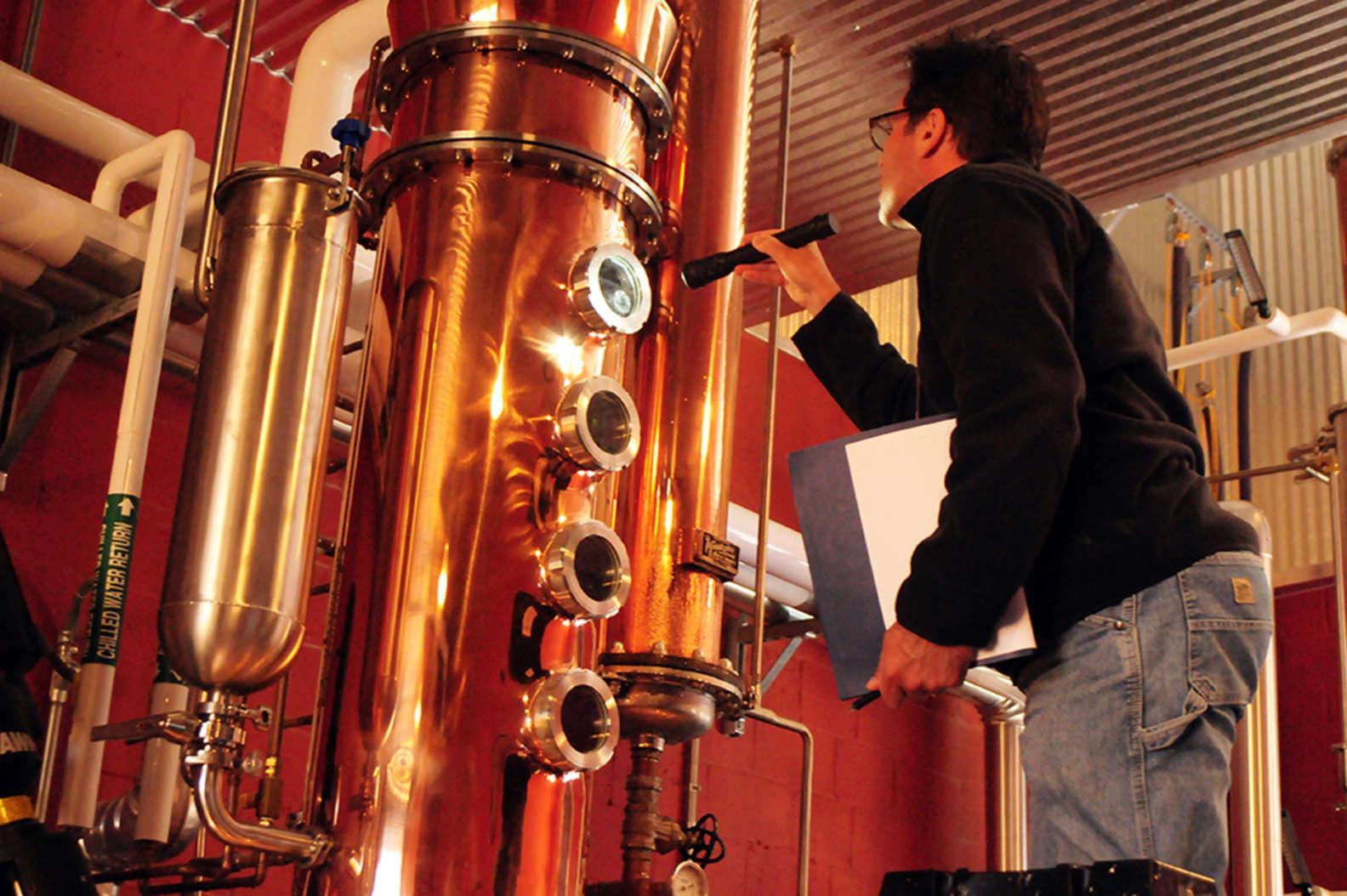
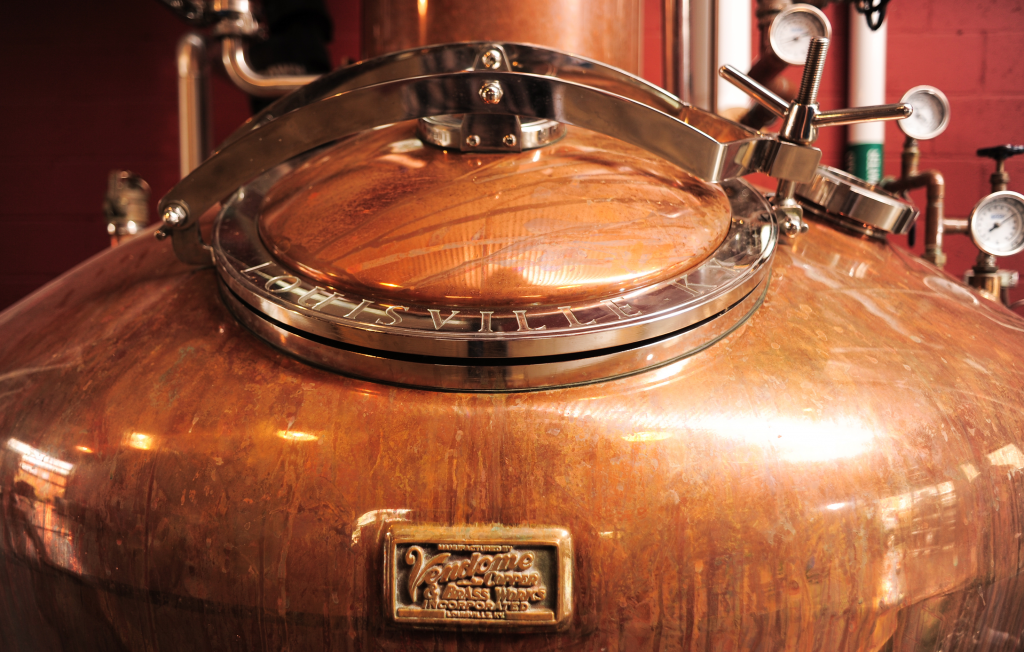
Starting a distillery is a dream that more and more people share, but it's not something you should take lightly or go into unprepared. There are many questions you need to ask and answers you need to know before you drop a wad of cash on a property and a bunch of equipment. This article won't tell you everything you need to know to start a distillery and launch a brand (we'd need a few books to do that), but it should at least give you a solid starting point for how to begin your research.
If you're serious about the dream, then you'll need some basic equipment. And when we say basic, we mean it. This is pretty much the bare minimum, so depending on what you're distilling, how much you want to make, and what your process entails, you'll may need to adjust this list.
You can't make alcohol without water. Distilling is essentially a process of adding and subtracting it throughout your production, so you'll need a good source of water for your still. In Kentucky, we use limestone rich water from streams or aquifers.
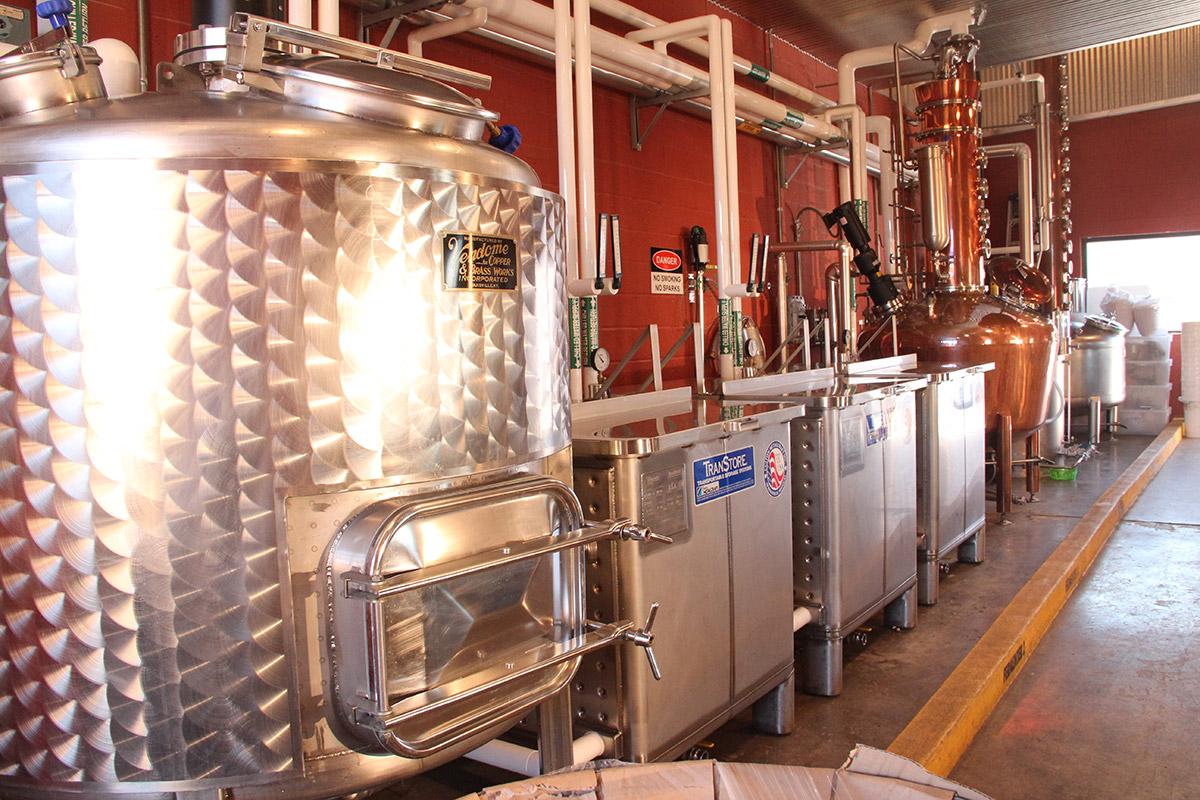
Basically, a cooker is something you put your grain into along with some H2O to bring everything up to a certain temperature for a designated amount of time. It helps to have some plumbing in the cooker that will then send the cooked mixture to a fermenter, but a pump will suffice.
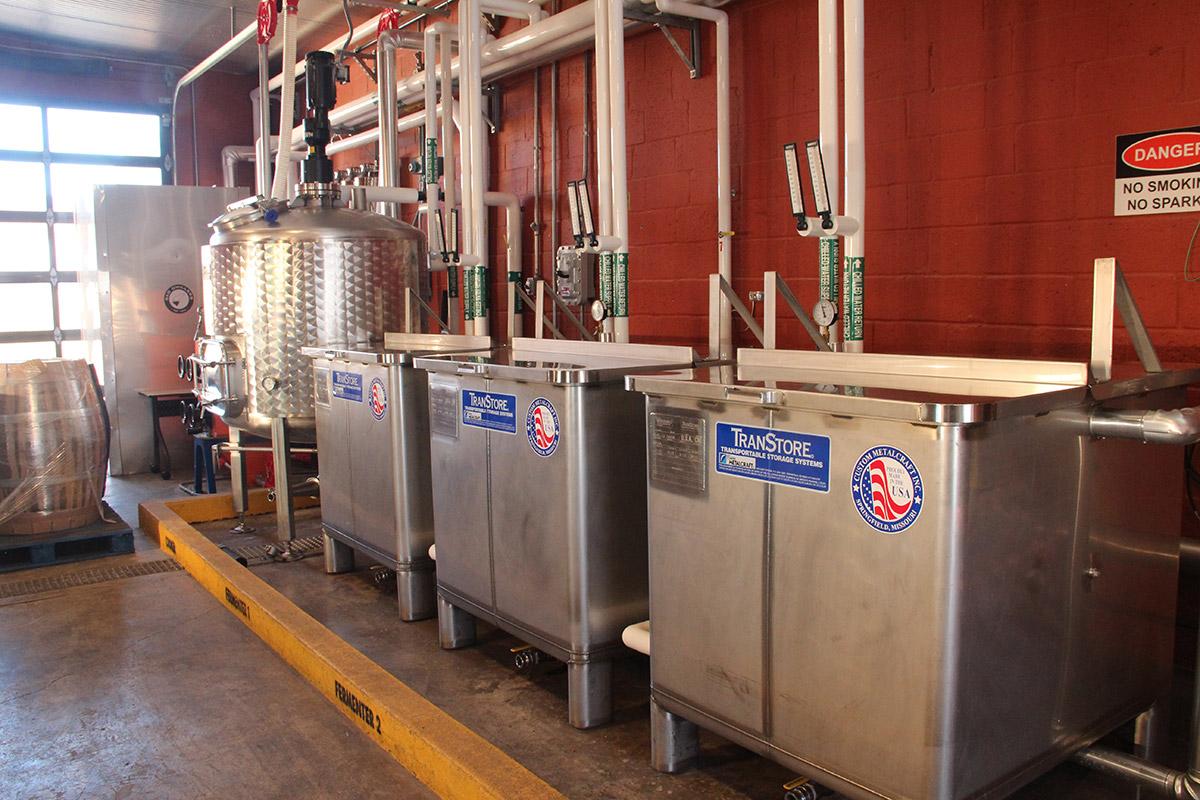
A fermenter will be a large vessel where you ferment a grain, yeast, and water slurry. Basically, the yeast eats the sugars and in the process, produces alcohol. After a few days (depending on your process) you'll run what is left through your still.
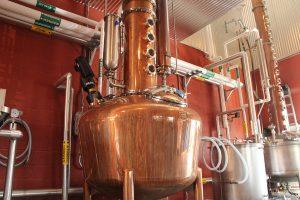
This should go without saying, but in the interest of being thorough-ish, you're going to need a still to actually make drinkable alcohol. Shocker, right?
It also might not hurt to have drains in your floors to process waste. Trust us when we say you can never have too many!
The two main questions you'll need to answer before you get started are 1) What are you going to make and 2) How much of it do you want to produce? You won't even be able to start looking at a building without knowing the answer to those two questions. Everything in your distillery will be based off of those two factors. And "everything" and "as much as possible" aren't acceptable answers. Do some research so you can define your market and know what that market will support. A business plan is a must.
Of course, we've been asked what it takes to open a distillery countless times and usually there are follow up questions, so we're going to go ahead and answer some of the most common:
Distilleries, like cars, come in all shapes and sizes. Do you want a luxury sports car with all the bells and whistles, or do you want a used van? The difference in cost between these two choices are huge, and the same goes for a distillery. Cost will depend on a myriad of factors. In our experience, we've found that it always costs more than you originally think, but locking down as many details as possible in your research — before you start the investment! — is going to make a difference. But, as a good rule of thumb, plan on a standard $300K and $500K to start.
There are a lot of things that people overlook, but one of the big ones is the branding. A lot of people think that after you make a good product that people will be beating down the doors to get it. And that is not the case. You'll need good packaging and branding to stand up, and out from, your competition. And also think of who is going to be out selling the brand. If you have a distiller that is short on words and doesn't like to talk to crowds, that's probably not going to be the person who is out selling your product. So think about who is going to be selling your brand too. Keep in mind, this will be additional cost on top of actually opening the distillery.
In short, earn it. There is no test or certification to become a master distiller, anyone can use the title if they want. But if you don't know what you're doing or release a bad product, then prepare to be mocked endlessly. There is nothing wrong with a title like Head Distiller. Spend some time making various products and mastering making one or two, then take the step up to the grander title. For a longer answer, read our article "How To Become A Master Distiller."
Not at all. There is huge boom right now, but that's not to say there isn't room for more. Just look at craft beer, there are new places opening up every week, numbers are still growing, it will be the same with craft spirits.
Yes. Opening a distillery not only costs more than opening a brewery, you'll have to adhere to more codes, which means more inspections. And because of the higher proof of spirits, opposed to beer, everything in and about your building will be held to a higher standard of safety, which translates to more time and capital. Not to mention you're going to be paying way more taxes on spirits than you would for beer.
Used equipment doesn't come on the market that often, but as distilleries start to scale up their operations more and more will be up for sale. American Distilling Institute (ADI) is a good source for used equipment.
No. It's 100% illegal. I don't care what your state law says, or what someone in your county government told you, it's is illegal to distill at home and that will not likely change in the near future. Mainly for two main reasons. First, safety. Unlike beer and wine, it's possible to make poison if you don't know what you're doing. Not to mention you'll have high proof alcohol in vapor form in a pressurized vessel (AKA a bomb); again, not very safe if you don't know what you're doing. Secondly, taxes. As you're probably aware, the IRS gets angry if they don't get their share. If you want to learn more about distilling, take a class instead!
No. Don't do it. Don't think about it. Don't cash in your retirement, don't take it out of Johnny's college fund, and don't take out a second mortgage to pay for it. The process of opening a distillery and building a brand is a very stressful endeavor and the last thing you need it to add the stress of keeping up your lifestyle, keeping your family happy and fed, and not working until
the day you die is added stress and pressure you, and your family, don't need.
They are intensive workshops taught by experts in the field. All of our classes are taught by people who have decades of experience on whatever subject they are teaching, not only to you
get exposed to the most knowledgeable people in the field, you get networking opportunities that you can't get anywhere else. Plus, our primary goal is distillery education, we're not an operating distillery adding on a class to fill time or generate a second form of revenue, our primary focus is education, and we've helped over 130 distillers around the world open their doors. We recommend our 5-Day Distiller Course as a starting point.
There are plenty of great resources out there and we're one of them. We cannot recommend highly enough that you talk to some experts, take some distillery tours, and even talk to your local liquor retailers. And if you're dead serious about starting your own distillery, we also highly recommend that you start with our 6-Day Distiller Course. It gives you an in-depth overview of the distillation process, access to 40+ industry experts, and ongoing support as you start living your distillery dream. Plus, you'll get discounts on other classes that you may need along the way.
Interested in learning more about the distilling process and the spirits industry? Check out Moonshine University's 2020 courses to learn from the best in the business or contact our team to hear about our professional services.

blog
For decades, spirits and cocktails have fostered a culture of craft, connection, and celebration. But over time, cocktail culture has evolved far beyond the buzz!
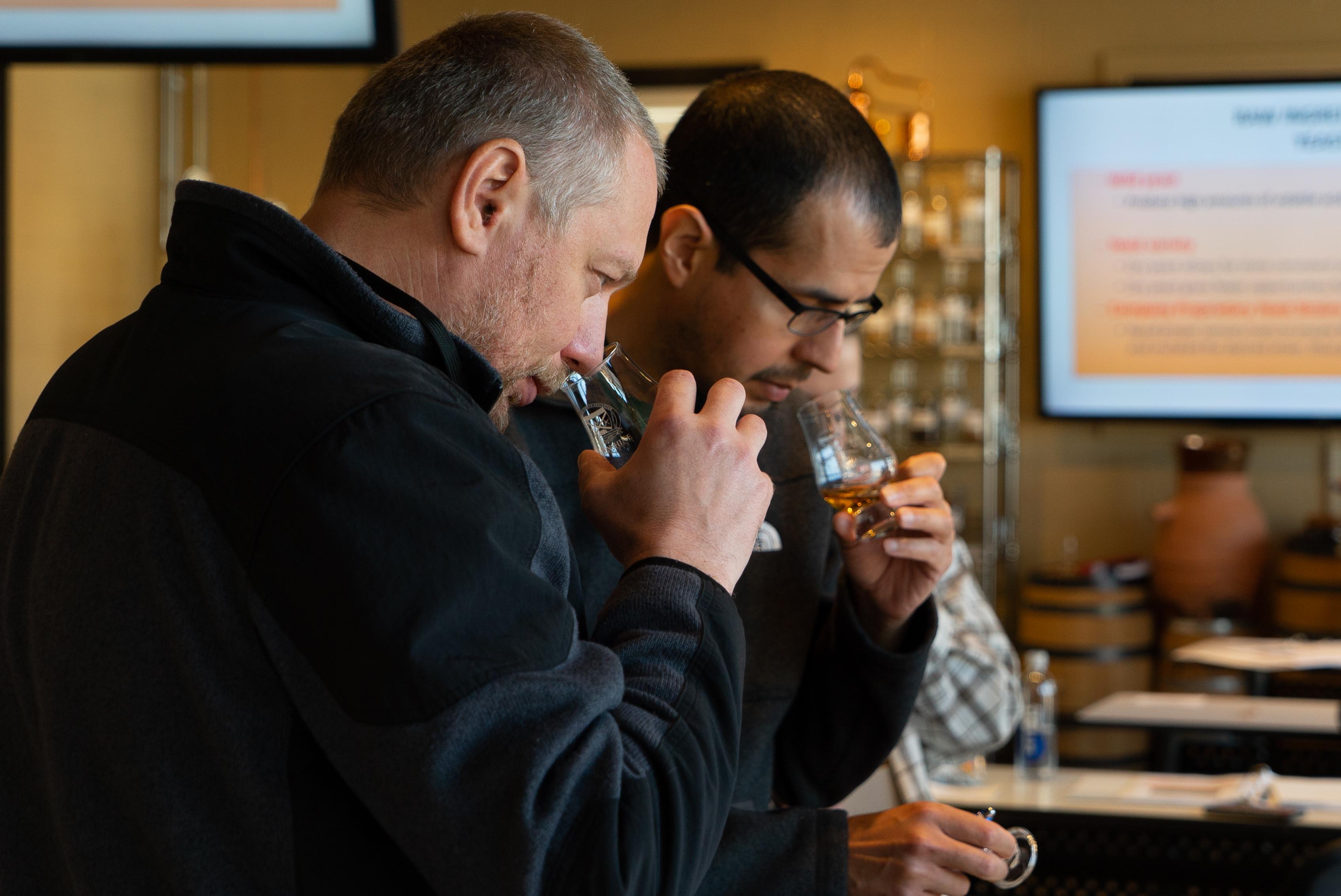
blog
Those that are familiar with the process of crafting distilled spirits may also be familiar with the 10 common congeners that are created during fermentation, and honed during the distillation run. Each congener has its own distinct personality, rendering unique tastes and aromas to the finished spirit.
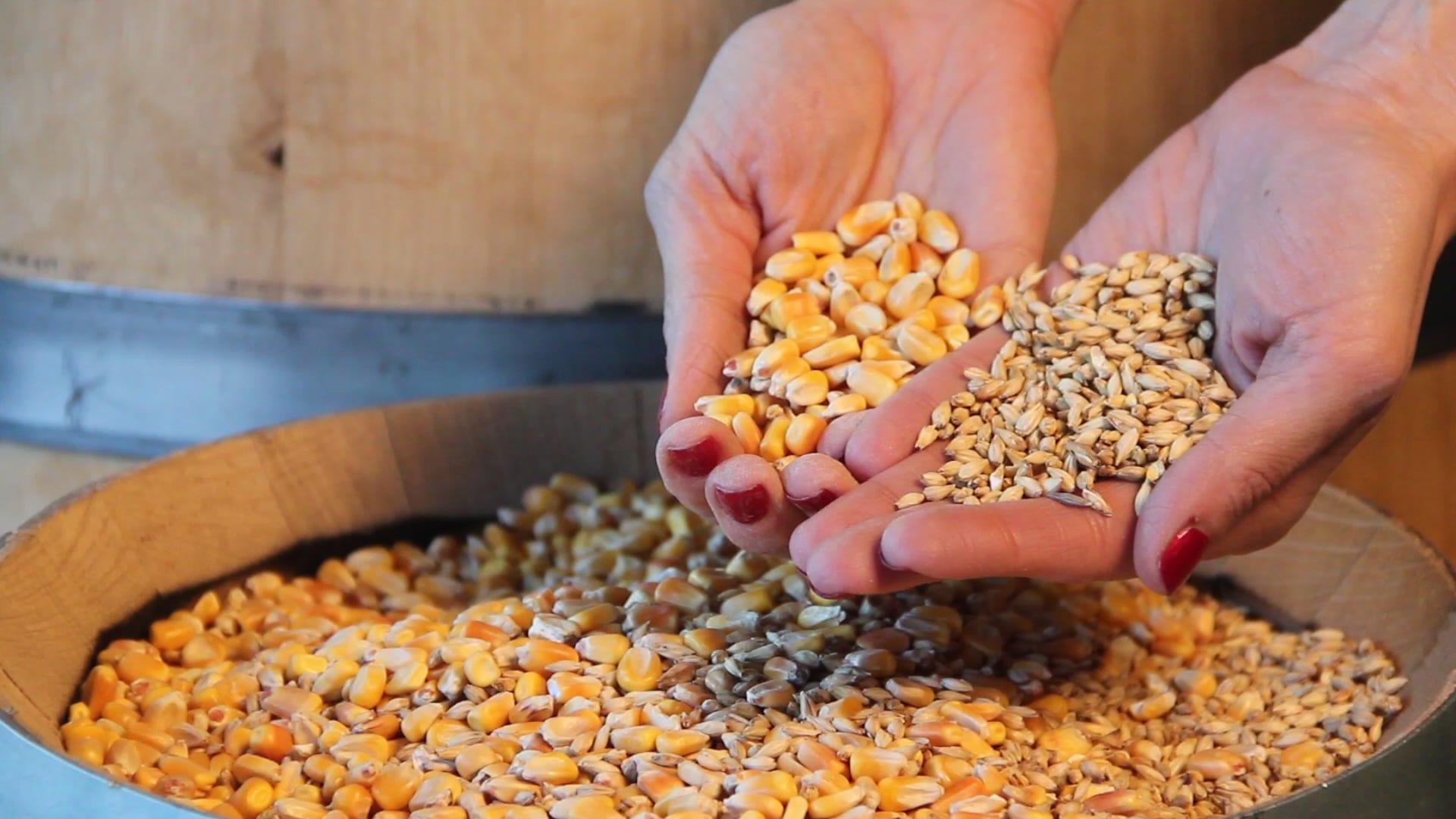
blog
So, you want to start distilling with freshly milled grain. Maybe you're tired of paying top dollar for the pre-milled stuff from the malt distributor, and you're ready to invest in the quality, efficiency, and bulk pricing that comes with milling your own whole grain. But where do you start?